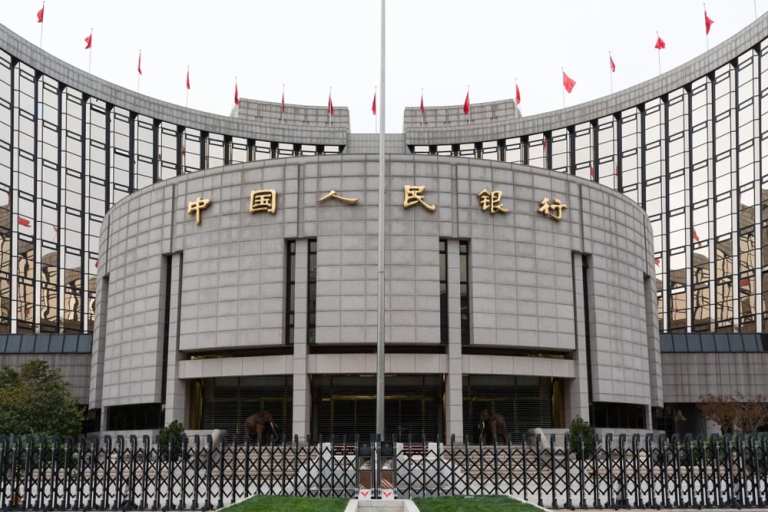PBOC Patents Show China’s Push For Digital Money

The Peoples’ Bank of China has filed over 80 patents in its attempts to start its own digital currency, an extensive and elaborate plan to take the renmibi to the digital stage, according to published reports Wednesday (Feb.12).
According to the patents, the bank is working on an array of things, including issuing and supplying a digital bank currency, a system for settling issues between banks using the currency, and enacting digital eWallets for the currency that can be tied to existing bank accounts.
The efforts by Beijing to digitize the renmibi have caused some alarm in the West. They’ve also gotten bankers worldwide interested in pursuing their own, similar projects.
Chamber of Digital Commerce President Perianne Boring told the Financial Times that the massive investments China has made, and the seriousness with which it is approaching the issue, was different from the U.S. officials’ take on digital currency.
And the project isn’t a new one. In 2014, China launched Digital Currency/Electronic Payments (DC/EP) to digitize at least parts of its currency. Several patents among the 84 China has filed indicate that the country is aiming to adjust the supply of digital currency in the bank based on algorithms for things like loan rates or other specific triggers.
Customers will be able to make deposits with their usual banks and then convert those deposits to digital currency. Behind the scenes, interbank settlements and clearing can be done quicker than before with the new digital angle.
Banks worldwide are ramping up the speed with which they try to develop digital currencies, amid fears that China’s speed and precision at that will tip the scales in that country’s favor in terms of influence and innovation in finance on the global scale.
Western Union, for example, plans to go all-in on digital for the future as it heads into the new year. Digital currency transfers showed the biggest increase last year, with a 24 percent spike. According to officials with the bank, the plan is to continue expanding the services worldwide.